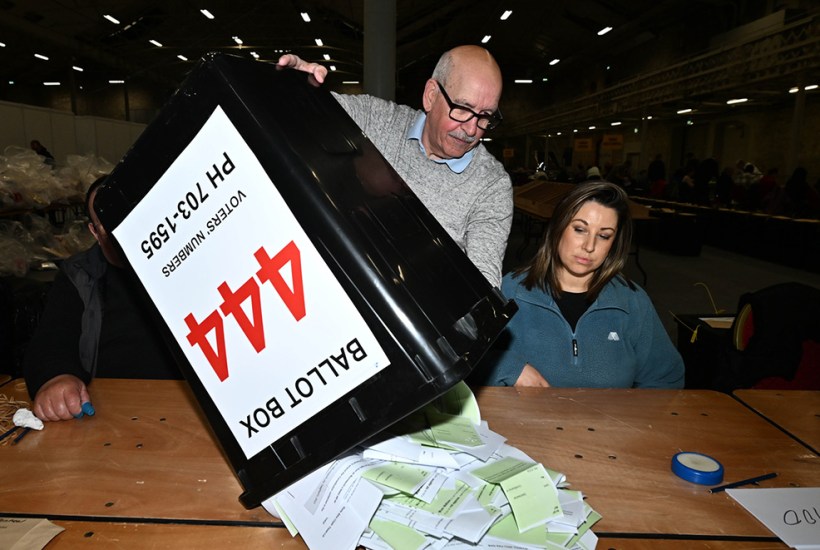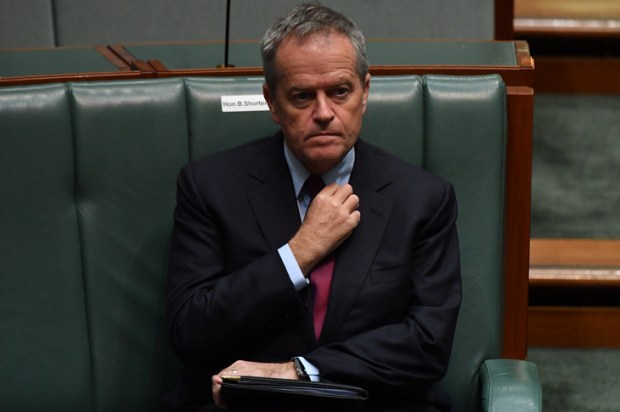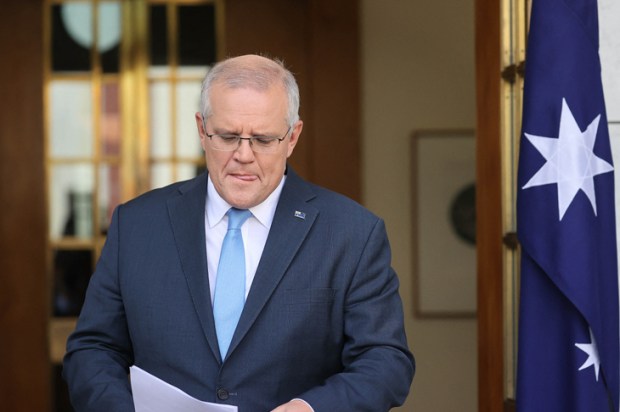This will sound familiar to Australians. A leftist government makes a core part of its agenda persuading voters to ‘modernise’ the constitution by backing referendum proposals reflecting its ‘progressive’ social agenda. Rather than explaining in detail the proposed changes, it relies on their right-on ‘vibe’ to carry the day. Polite metropolitan opinion, the media and the corporate establishment strongly support the changes.
Already a subscriber? Log in
Subscribe for just $2 a week
Try a month of The Spectator Australia absolutely free and without commitment. Not only that but – if you choose to continue – you’ll pay just $2 a week for your first year.
- Unlimited access to spectator.com.au and app
- The weekly edition on the Spectator Australia app
- Spectator podcasts and newsletters
- Full access to spectator.co.uk
Or
Unlock this article
You might disagree with half of it, but you’ll enjoy reading all of it. Try your first month for free, then just $2 a week for the remainder of your first year.














Comments
Don't miss out
Join the conversation with other Spectator Australia readers. Subscribe to leave a comment.
SUBSCRIBEAlready a subscriber? Log in